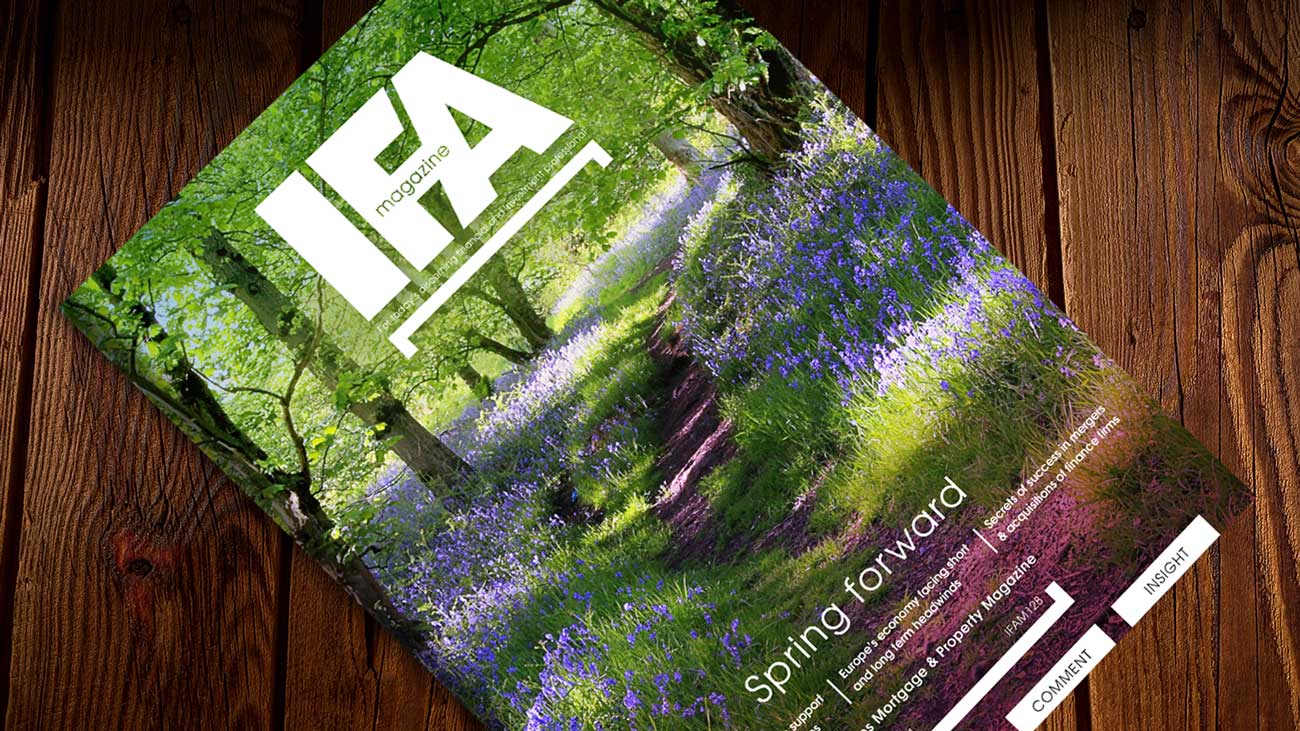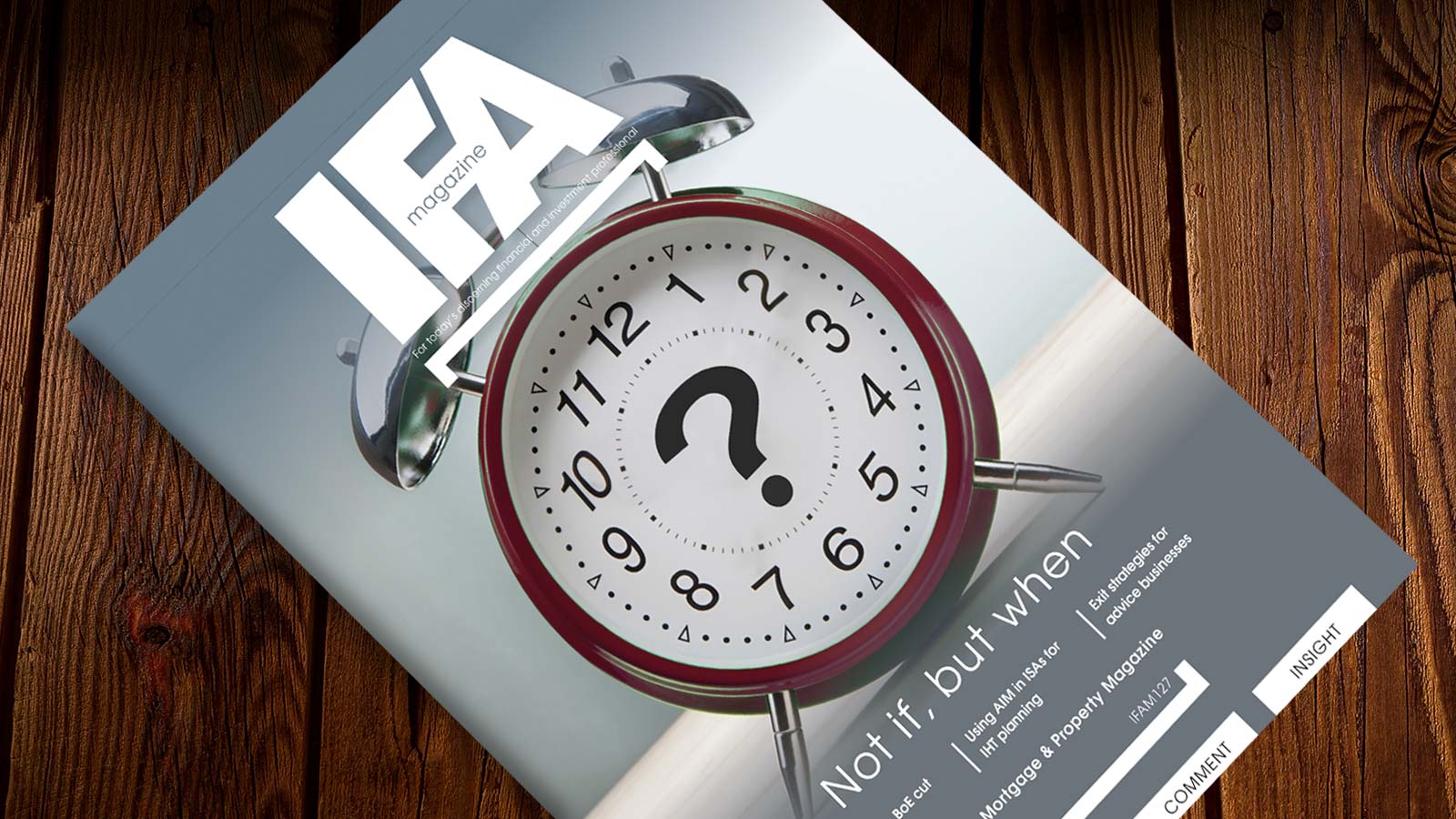Last night, the US Federal Reserve (Fed) hiked rates by 0.75% – the biggest increase seen across the pond since 1994 – as it showed its intent to get serious in the fight against inflation.
A variety of brokers and wealth managers have shared their views on what they think the ramifications of this Fed rates rise will be for UK savers and investors. It’s especially relevant this morning, as we wait to see if the Bank of England MPC has voted to hike rates further here in the UK as experts are predicting, news which will be released at midday today. Their views are below:
Aaron Strutt, product and communications director at Trinity Financial: “The Fed’s huge hike sends a clear warning that rates in the UK are going to rise sharply. Over the past ten days, some lenders have increased their mortgage rates three times, proving the banks and building societies are not waiting for Bank of England base rate announcements before they increase the cost of their mortgages. Rates are going up before and after the MPC’s decisions.”
Lewis Shaw, founder of Mansfield-based Shaw Financial Services: “Now that the US Fed has raised rates by 75 basis points, the Bank of England has to follow suit. If the Bank of England doesn’t increase the base rate, Sterling will weaken, leading to increased costs of imported goods at a time of sky-high inflation. What the Fed decision tells us is that they’re starting to panic, which is not a good sign. This has made a 0.5% increase here more likely, though 0.25% will still be the bookies’ favourite. This will be good news for savers and those who don’t need to work to earn an income. For everyone else, it’s perpetual squeezing and tightening.”
Nick Lincoln, director at Watford-based Values to Vision Financial Planning: “In the early 1980s, Paul Volcker had the guts to raise interest rates to finally throttle high US inflation. Jerome Powell, so far, is following suit. Hopefully, the Bank of England will do likewise. The poisonous era of ultra-cheap money must come to an end. Overinflated asset prices, specifically property, need a serious readjustment. A return to a near “normal” base rate would be the start. Bring it on and bring it on now.”
Graham Cox, founder of the Bristol-based broker, SelfEmployedMortgageHub.com: “The Federal Reserve’s 0.75% rate rise backs the Bank of England into a corner, particularly as further large rate increases are expected by the Fed over the next couple of months. The pound is likely to fall, further stoking inflationary pressures, unless the Bank of England increases the base rate significantly. The standard 0.25% increases may not cut it anymore, and it’s possible we’ll see a 0.5% base rate hike Thursday. Time to batten down the hatches.”
Jonathan Burridge, founding adviser at hybrid mortgage adviser, We Are Money: “The predictions were that the UK base rate would reach 2% by the end of year and the move in the US firms up that prediction. This is another affirmation of the sign of hard times ahead.”
Scott Gallacher, a Chartered Financial Planner at Leicestershire-based independent financial advisers, Rowley Turton: “Whilst UK rates are expected to rise a further 0.25% today, the truth is that, with 9% inflation, it isn’t going to make a meaningful difference to savers who will still see the real value of their savings being rapidly eroded. However, for the average person with a variable rate mortgage, this would equate to an extra £28.75 per month. This is at a time when many are struggling with the cost of living crisis. Consequently, I am concerned this will push more people to the brink.”
Philip Dragoumis, owner of Thera Wealth Management: “The US economic situation is different in many respects from the UK. It is partially driven by increased demand rather than just commodity prices, Brexit and labour shortages. Hence an increase in interest rates is more justified as they could have more of an impact in bringing inflation down. This is not so much the case in the UK where economic demand is collapsing already, as evident in the recent UK GDP numbers. So yes, the UK will increase rates to try its best to rein in inflation but it will have less of an impact. Given the state of the UK economy, and the falling currency interest rates will rise less than the US. The market expects rates to peak around 2.5%, whereas in the US you may see them exceed this level.”
Adrian Kidd, chartered wealth manager at Aylesbury-based EQ Financial Planning: “Having watched the news conference, Chairman Powell is arrogant and foolish. He almost explicitly stated he wants more unemployment to help curb inflation and this shows that the pursuit of GDP growth at any cost knows no bounds. Economics is broken and the difference between the have’s and the have not’s will grow wider, not contract, which is the outcome that policymakers and people in power say they are after. The era of low rates is over for the next few years, but they will likely start cutting rates to stimulate growth again once they have killed it by the end of 2022. Let’s hope we do not get a liquidity crisis like 2008 now they are squeezing it out of the system.”
Adrian Murphy, CEO at Glasgow-based wealth manager, Murphy Wealth: “The US is leading the way on taking action against rampant inflation, which is now a global problem. Many say it has come a little late. It is likely that the UK will now follow suit, and that isn’t a bad thing. The biggest threat to the UK economy, and investors, is high inflation and low growth, so action is required. UK inflation has proven to be more stubborn than initially hoped and there is little to shelter investors and savers from value erosion. The Bank of England has the unenviable task of taming inflation through interest rate rises, without choking off the fragile growth in the UK economy that is so badly needed after the ravages of COVID.”
Imran Hussain, director at Nottingham-based broker, Harmony Financial Services: “Now that the Fed has upped rates by this margin, the Bank of England is highly likely to follow suit to keep the Sterling strong. As predicted by many, the base rate is likely to hit 2% by the end of the year.”
Paul Neal of Derbyshire-based Missing Element Mortgage Services: “The nature of rate rises across the pond is likely to be mirrored in the UK, in order to support the Pound. People need to tighten their pockets as life is about to get even more expensive, which is saying something given the current level of inflation.”

















